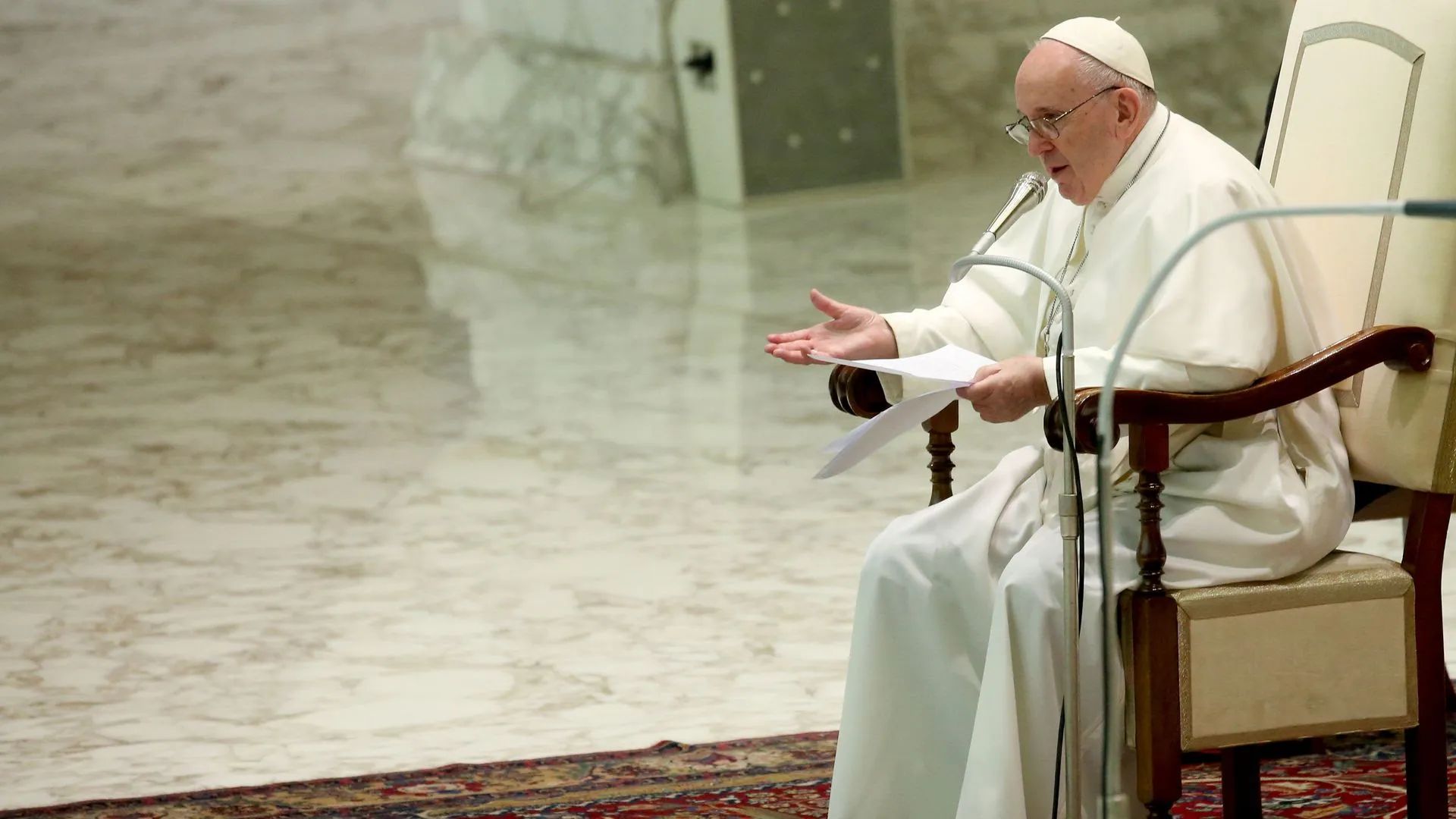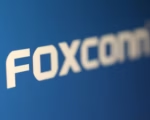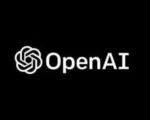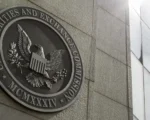In his annual message for the World Day of Peace, Pope Francis has echoed the growing sentiment for the regulation of artificial intelligence. He emphasized the necessity of an international treaty to govern the development of AI, stressing the importance of its safe and ethical utilization.
He warned the tech may lack human values like compassion and morality, and blur the lines between what is real and fake.
The Pope should know, given he has been the subject of some of 2023’s most infamous AI-generated images.
In March, social media went into a state of collective awe when he appeared to have been pictured rocking a stylish puffer jacket.
The surreal image was indeed too good to be true, as it had been made using the AI tool Midjourney.
Like how ChatGPT generates text content, it allows users to ask for images using a simple prompt.
The fake picture originated on Reddit and was shared tens of millions of times across social media, fooling people including celebrities, becoming one of the first major instances of large-scale, AI-driven misinformation.
This week, UK charity Full Fact highlighted another false image of Francis, which appeared to show him addressing enormous crowds in Lisbon earlier this year.
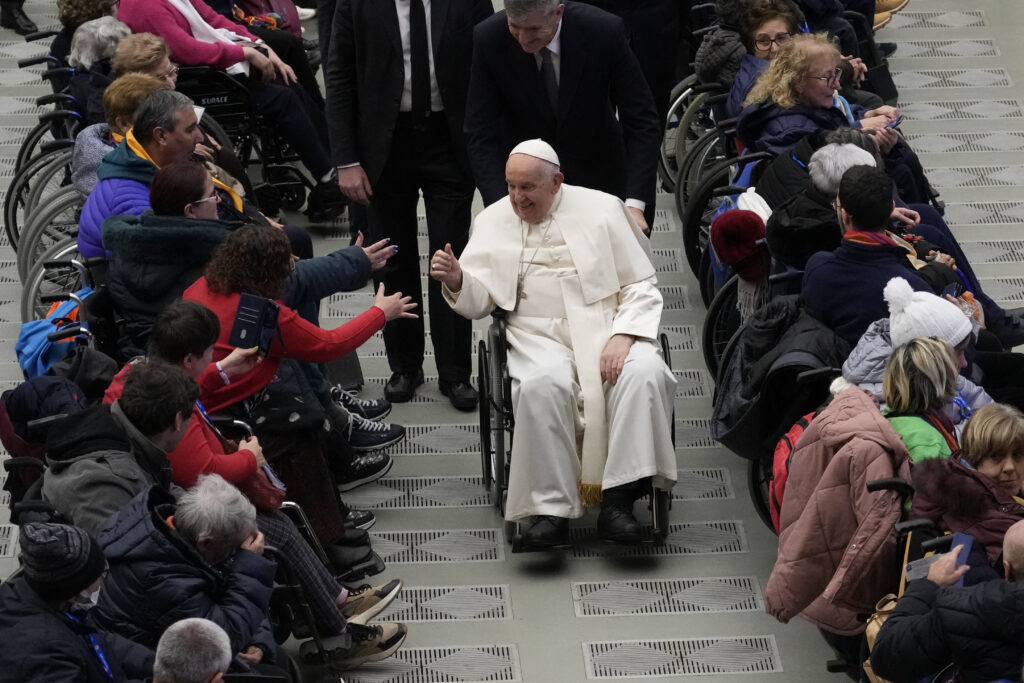
Pope shares biggest AI fears
Cardinal Michael Czerny, of the Vatican’s development office, shared the Pope’s fears in a written message.
“The biggest risk is to dialogue,” he said.
“Because dialogue can’t take place without truth and truth can’t take place without responsibility.”
The Pope said the priority for regulation should be guarding against disinformation, discrimination, and distortion, promoting peace, and guaranteeing human rights.


